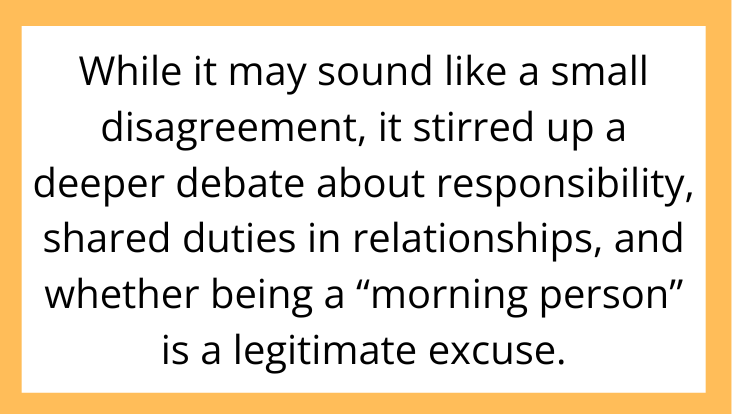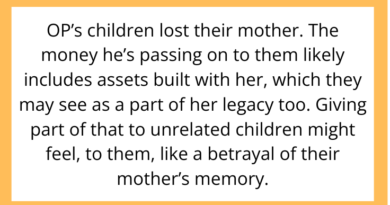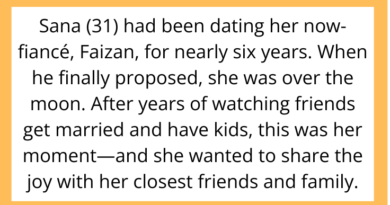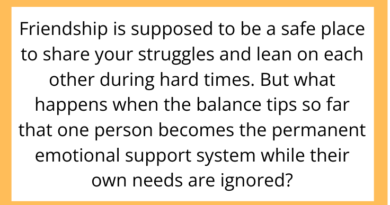AITAH for Refusing to Walk My Fiancée’s Dog Every Morning Because I’m Not a “Morning Person”?
Relationships are about compromise—but what happens when your lifestyle preferences clash with your partner’s expectations? This question took center stage in a recent AITAH post where the original poster (OP) asked if they were wrong for refusing to take on an early morning task: walking their fiancée’s energetic dog before work.
While it may sound like a small disagreement, it stirred up a deeper debate about responsibility, shared duties in relationships, and whether being a “morning person” is a legitimate excuse.
Let’s unpack both sides of the situation and explore what it reveals about communication, boundaries, and fairness in partnerships.
The Scenario: Love, Dogs, and Alarm Clocks
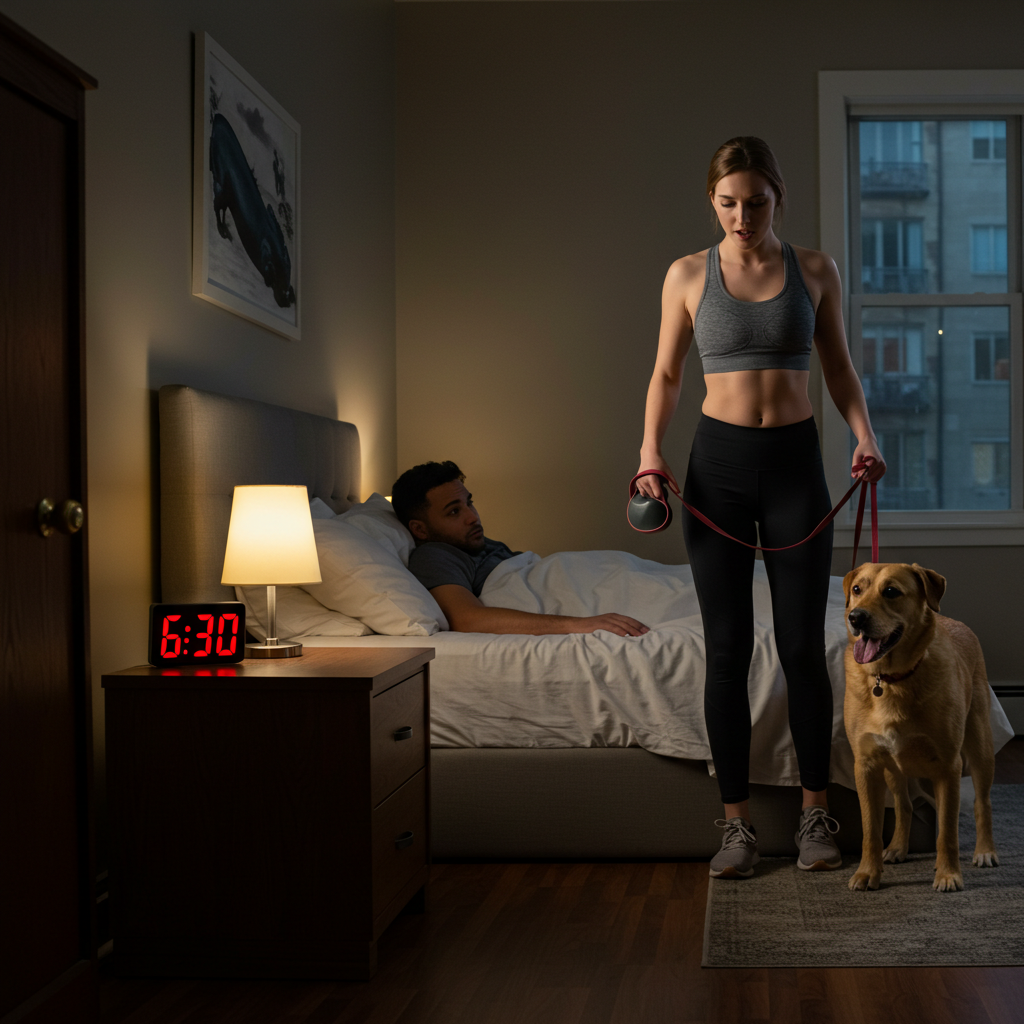
OP explained that they recently moved in with their fiancée, who owns a large, high-energy dog. Before moving in, the fiancée had always walked the dog each morning before work. However, now that they live together, she has asked OP to alternate morning walks so she can get extra sleep or prep for her day.
There’s just one problem: OP is not a morning person. They’ve always struggled to wake up early, often feeling groggy, irritable, and mentally foggy until mid-morning. They offered to handle evening walks, feedings, and even weekend routines, but stuck firm on one thing—they didn’t want to commit to the 6:30 AM dog walk rotation.
The fiancée was upset, arguing that sharing a home means sharing all responsibilities. She said OP was being selfish and unwilling to make sacrifices for the relationship. OP, in turn, argued they shouldn’t be forced into a routine that severely disrupts their mental health and energy.
The Debate: Is It About the Dog or the Bigger Picture?

At the heart of this disagreement isn’t just who walks the dog. It’s about fairness, flexibility, and what each partner brings into a shared life.
Why People Sided With OP
Many commenters on the original thread felt OP had valid points. Their arguments included:
-
Pets = Owner’s Primary Responsibility: If one partner brings a pet into the relationship, they should remain the primary caretaker unless otherwise agreed upon.
-
Morning Struggles Are Real: Not everyone functions well in the morning, and forcing someone into a difficult routine can lead to stress and resentment.
-
Alternative Contributions Matter: OP offered to take on evening walks and other dog-related duties, showing a willingness to contribute in ways that align with their rhythm.
Why Others Disagreed
However, a sizable group disagreed and believed OP was being inflexible:
-
Relationships Require Compromise: Even if mornings are hard, sometimes you do things for your partner simply because it helps them.
-
Shared Space = Shared Responsibility: Once you move in together, everything—including the dog—becomes part of the shared life equation.
-
No One Likes Every Task: Morning person or not, we all have to do things we don’t love.
Navigating Conflicts Over Responsibilities
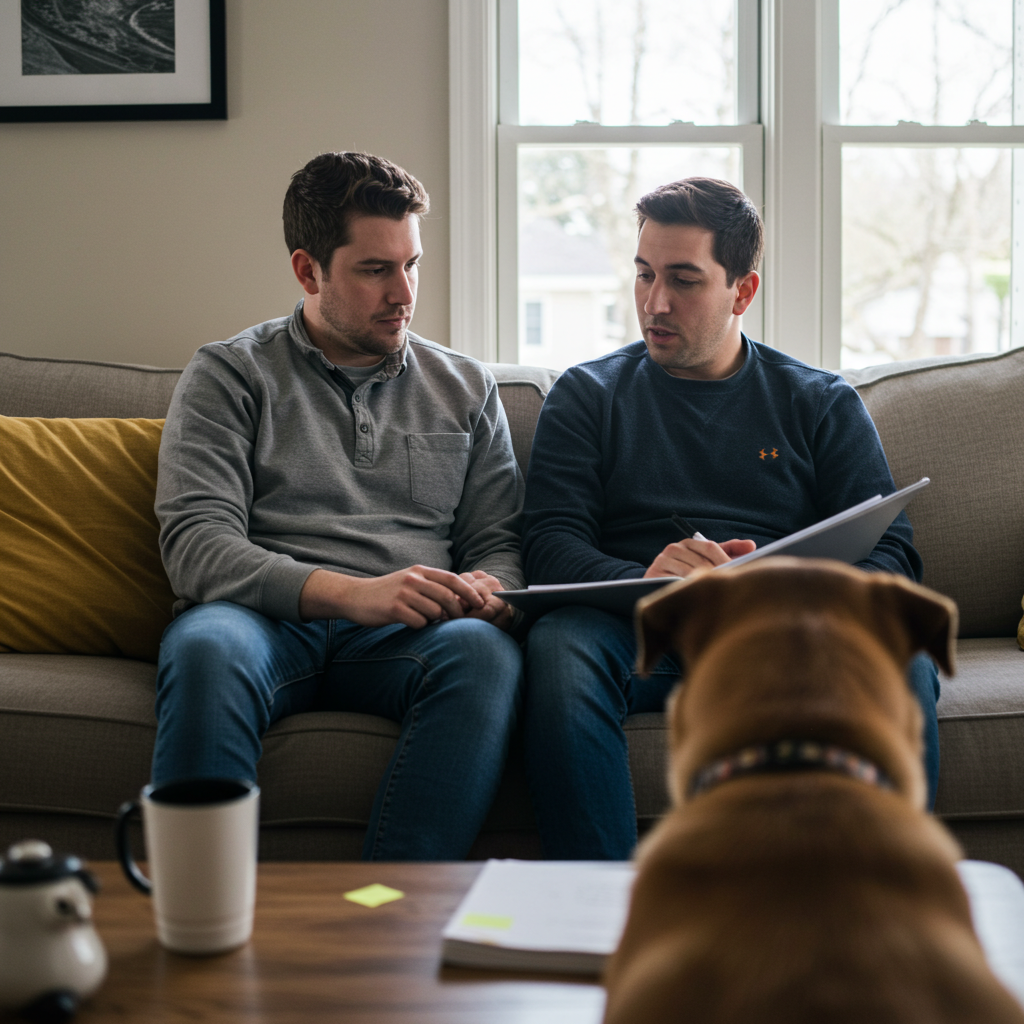
Living together is a major transition. These kinds of conflicts can feel small on the surface but reveal how partners handle communication and compromise.
If you’re in a similar situation, consider these tips:
1. Communicate Your Needs Without Dismissiveness
Instead of saying, “I’m just not doing this,” explain why. Clarify that you want to help, but in ways that align with your strengths and limits.
2. Offer Balanced Alternatives
Show that you’re willing to contribute, just differently. Saying, “I’ll handle every evening walk and dog bath,” can demonstrate equal effort in another form.
3. Set and Respect Boundaries
If something genuinely affects your health or emotional well-being, it’s okay to set a firm line. But deliver it with empathy and understanding.
4. Recognize the Root Issue
Sometimes, disagreements about chores are actually about feeling supported, appreciated, or heard. Look beyond the surface conflict.
When Compromise Doesn’t Mean Equal

It’s a common misconception that every task must be split 50/50. The most successful couples often distribute responsibilities in a way that feels fair, not mathematically equal. One might do all the cooking while the other handles laundry. What matters most is mutual satisfaction, not identical task lists.
In this case, OP’s offer to handle evening dog duties might be more valuable than struggling through a half-hearted 6:30 AM walk that leaves everyone frustrated.
The Internet’s Verdict: A Mixed Bag

On r/AITAH, the votes were split. Many ruled OP as NTA (Not the A**hole), citing the pet ownership principle and the importance of self-awareness. Others leaned ESH (Everyone Sucks Here), criticizing the fiancée for pushing too hard and OP for being rigid.
A few even offered creative solutions—like hiring a morning dog-walker on alternating days or investing in a backyard routine to reduce the walking need altogether.
Final Thoughts: You’re Not Wrong for Knowing Your Limits

Refusing to walk your partner’s dog in the morning doesn’t make you selfish—it makes you honest about your limitations. The key is communicating that honestly and backing it up with a willingness to help in other ways.
Relationships thrive when both people feel heard, respected, and supported—not when every task becomes a battle for “fairness.”
